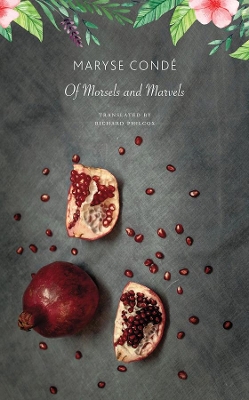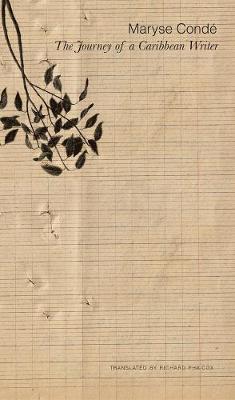Africa List
2 total works
For many, cooking is simply the mechanical act of reproducing standard recipes. To Maryse Condé, however, cooking implies creativity and personal invention, on par with the complexity of writing a story. A cook, she explains, uses spices and flavors the same way an author chooses the music and meaning of words.
In Of Morsels and Marvels, Condé takes us on a literary journey around places she has travelled to in India, Indonesia, and South Africa. She highlights the tastes and culinary traditions that are fascinating examples of a living museum. Such places, Condé explains, provide important insights into lesser-known aspects of contemporary life. One anecdote illustrates what becomes of the standard Antillean dishes of fish stew and goat curry by two Antilleans who own a restaurant in Sydney, Australia. Cuisine changes not only according to the individual cook but also adapts to foreign skies under which it is created. The author also recounts personal memories of her lifelong relationship with cooking, such as when Adélia, her family's servant, wrongly blames little Maryse for mixing raisins with fish and using her imagination in the kitchen.
Blending travel with gastronomy, this enchanting volume from the winner of the 2018 Alternative Nobel Prize will delight all who marvel at the wonders of the kitchen or seek to taste the world.
1st Edition, Original French edition: Mets et merveilles (JC Latt's, 2015). ISBN 9782709644792)

